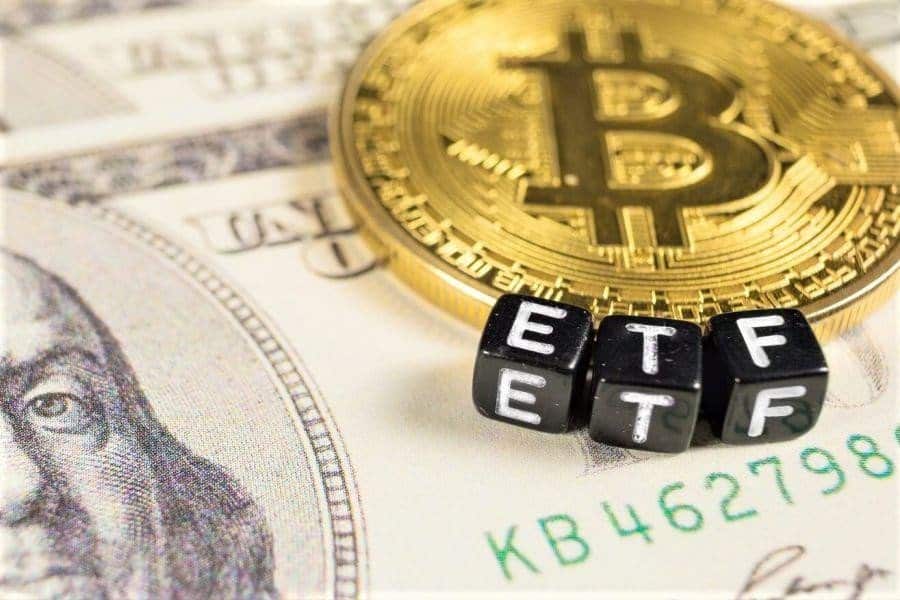With the Securities and Exchange Commission (SEC) nearing the potential approval of the first Bitcoin (BTC) exchange-traded funds (ETFs), issuers are vying for an early advantage to capture investor interest.
Specifically, Fidelity has set a highly competitive fee of 0.39%, while Invesco/Galaxy announced a fee waiver for the first six months of operation and for the first $5 billion in assets held, followed by a 0.59% fee.
Analyst Eric Balchunas of Bloomberg has also predicted that BlackRock will likely set its fee at 0.47%, according to a recent report from Fortune.
The introduction of a spot Bitcoin ETF has long been anticipated as a gateway to attract traditional investors, ranging from retail traders to asset managers, into the volatile cryptocurrency sector.
Previous applications for Bitcoin ETFs were rejected by the SEC due to concerns about the immature Bitcoin market and the potential for manipulation.
However, after Grayscale, a prominent crypto asset manager, won a crucial court case against the agency in 2023, the SEC has signaled its intention to open the doors to this investment vehicle, which tracks the current price of Bitcoin.
12 Issuers Are Competing for Spot Bitcoin ETF Approval
Currently, 12 issuers are competing for spot Bitcoin ETF approval, including industry giants like BlackRock, Fidelity, Grayscale, and Franklin Templeton.
In late December, the SEC requested issuers to submit their final revisions to their applications by the end of the year, potentially paving the way for a launch as early as January 10, the deadline for the SEC’s decision on the first applicant in line, ARK/21Shares.
As issuers refine their applications, the details of how these ETFs will function have come into focus.
A key question has revolved around the redemption model that issuers will adopt.
ETFs typically rely on authorized participants and institutional investors who create or redeem individual shares in the fund through an arbitrage system that maintains the ETF’s share price close to the underlying asset value.
However, a Bitcoin ETF presents a unique challenge.
Instead of authorized participants directly buying or receiving Bitcoin from the issuer, the SEC has encouraged a cash model, placing the responsibility of Bitcoin buying and selling on the issuer.
This reflects the agency’s reluctance to involve broker-dealers in Bitcoin transactions.
In updated filings on December 29, Fidelity, Galaxy/Invesco, WisdomTree, Valkyrie, and BlackRock disclosed the first authorized participants they will collaborate with.
Fidelity and WisdomTree both named Jane Street Capital, a secretive trading firm known for employing FTX founder Sam Bankman-Fried.
BlackRock and Galaxy/Invesco, a partnership between crypto firm Mike Novogratz and a traditional investment management company, named JPMorgan and Virtu, a market-making firm.
Valkyrie named Jane Street and Cantor Fitzgerald.
Bitcoin Drops 8% after ETF Delay Rumors
On Wednesday, Bitcoin crashed to as low as $40,000 after a report from Matrixport claimed the SEC is poised to reject spot Bitcoin ETF applications this month.
“Matrix on Target projects a January rejection for Bitcoin Spot ETFs by the SEC, cautioning traders to hedge long exposure,” the company wrote in a recent post on X (formerly Twitter).
“With SEC Chair Gensler’s skepticism towards crypto, a potential -20% Bitcoin price drop is anticipated upon ETF denial, though a positive end-of-2024 outlook remains.”
Read the full article here






